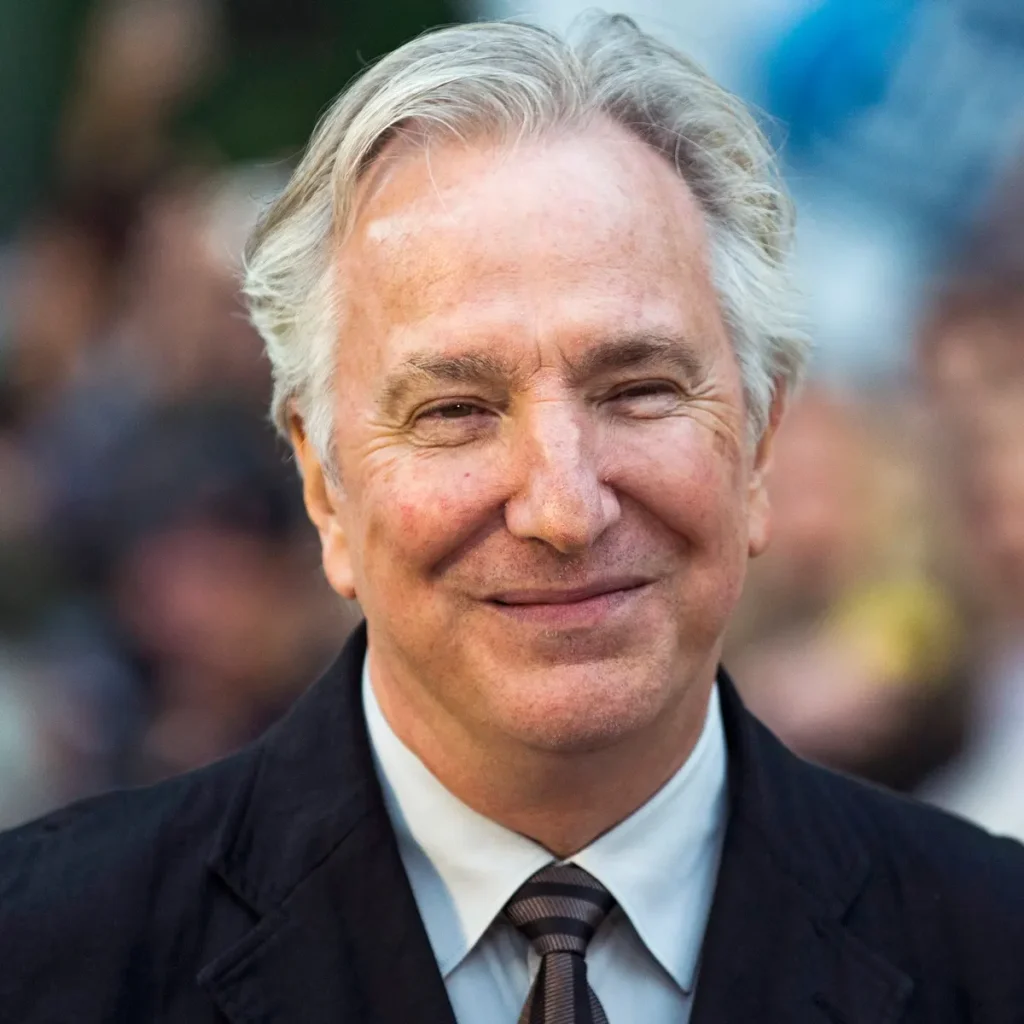- Suite 5, Third Floor 1, Harley Street,London W1G 9QD
- info@maxyourvoice.com
The Original written without ChatGPT
It’s wonderful that so many of us are fascinated by voice. A lot of people have told me lately that they’d like to know more about the voice and train to become a voice coach. I wonder if it’s because of the increasing use of A1 voices? In ancient Greece the most popular statesmen were also known for their oratorical skills, and the art of oratory helped them secure their political positions. They reached out with their voice and words.
We don’t have any great orators in English politics at the moment, but there is hope with Hilary Benn now back on the frontline.
Many of the best voices that we hear, didn’t start off that way. Voices develop with practice over time. The late Alan Rickman was Known for his distinctive deep, languid voice. When he began training as an actor he was told that he was almost impossible to hear because the back of his tongue was up against his soft palate (Marge Simpson style) and the front against his ridge/hard palate. Not much sound can get out when that happens, but RADA must have heard something otherwise they would never have offered him an award. His slow delivery added to the frisson of sex – but that’s another blog – (see Hormones and the Voice). Some well-known presenters/performers have worked their way through stutters; w instead of r; v instead of th. Some of them have chosen to keep their w, as it works with their desired image. Others have decided to keep their original sounds, because it is part of their voice rhythm.
Alexa, Gaming, sat nav voices are all great, but dubbing films with A1 voices?
You can copy voices but if you do it without breath it’s not going to have the innate personality.
The Late Lovely Alan Rickman ‘the Voice’

Frances coaches in Speaking English Clearly, Voice and Presentation, Interview Skills and Delivering Speeches.
